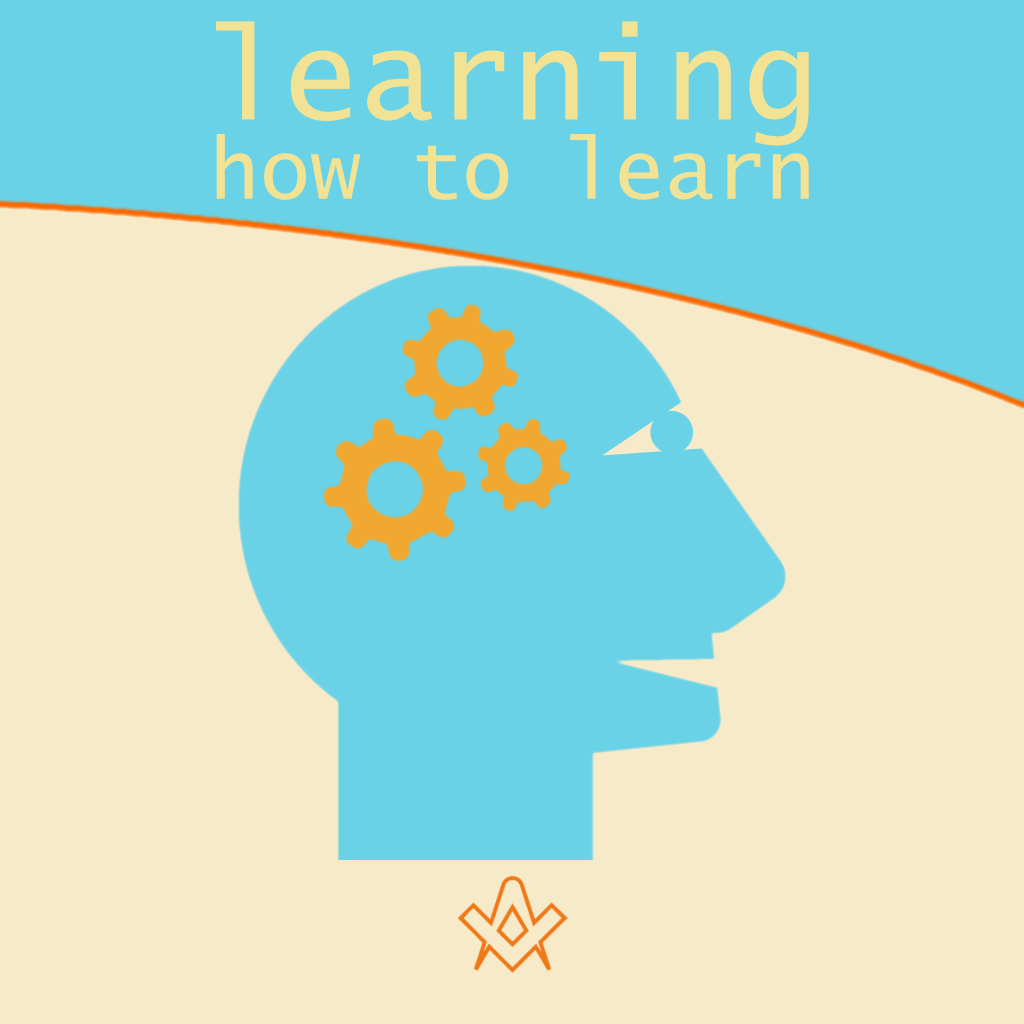How we learn is an interesting subject – each of us may have different ways in which we engage with the process of learning.
For some time, it has been thought that we may have specific ‘learning styles‘ that are individual to us.
For example, there is one premise that we are one of the following: ‘visual’, ‘audio’ or ‘kinesthetic’ learners.
This learning style is known by the acronym VAK and was developed by Walter Burke Barbe and colleagues who proposed three learning modalities:
- Visualising modality
- Auditory modality
- Kinesthetic modality
|
Visual |
Kinesthetic |
Auditory |
|
Picture |
Gestures |
Listening |
|
Shape |
Body movements |
Rhythms |
|
Sculpture |
Object manipulation |
Tone |
|
Paintings |
Positioning |
Chants |
But is there a better way to ‘learn how to learn’?
There is new way to learn that is rooted in neuroscience; the premise that the brain is ‘plastic’ and we can effectively ‘re-tool’ our brains, and Engineering Professor Barbara Oakley has the key!
This method uses the ‘focused’ and ‘diffuse’ modes of our brain, which helps us learn in very different ways.
Prof Oakley posits that using analogies can provide powerful techniques for learning, and by doing a little work every day, even on difficult subjects, we are growing new neural learning pathways.
The important bit is learning to switch between the focused and diffuse learning modes helps our brain to learn more efficiently and process new ideas.
If you would like to make a daily advancement in your Masonic knowledge, this method is the one to try!
The following talk was given at a local TEDx event, produced independently of the TED Conferences.
From the YouTube description:
Engineering professor Barbara Oakley is co-teaching one of the world’s largest online classes, “Learning How to Learn”, https://www.coursera.org/course/learning.
She know first-hand how it feels to struggle with math. Dr Oakley flunked her way through high school math and science courses, before enlisting in the U.S. Army immediately after graduation.
When she saw how her lack of mathematical and technical savvy severely limited her options—both to rise in the military and to explore other careers—she returned to school with a new found determination to re-tool her brain to master the very subjects that had given her so much trouble throughout her entire life.
Barbara Oakley, PhD, PE is a professor of engineering at Oakland University in Rochester, Michigan.
Her research focuses on the complex relationship between neuroscience and social behavior, and has been described as “revolutionary” by the Wall Street Journal.
Oakley’s books have been praised by many leading researchers and writers, including Harvard’s Steven Pinker and E. O. Wilson, and National Book Award winner Joyce Carol Oates.
Her book A Mind for Numbers: How to Excel in Math and Science (Even If You Flunked Algebra), published by Tarcher-Penguin, 2014.
Prior to her academic career, Oakley rose from private to captain in the U.S. Army, during which time she was recognized as a Distinguished Military Scholar.
She met her husband, Philip, when she was working at the South Pole Station in Antarctica.
Her experiences with well-intentioned altruism were shaped by her work as a Russian translator on Soviet trawlers on the Bering Sea during the early 1980s.
Oakley was designated as an NSF New Century Scholar—she is also a recipient of the Oakland University Teaching Excellence Award (2013) and the National Science Foundation’s Frontiers in Engineering New Faculty Fellow Award.
Oakley is an elected Fellow of the American Institute for Medical and Biological Engineering.
Check out Barbara Oakley’s website: https://barbaraoakley.com/
You can enrol on the ‘Learning how to Learn’ course here: https://www.coursera.org/learn/learning-how-to-learn

Learn Like a Pro: Science-Based Tools to Become Better at Anything
By: Barbara Oakley PhD
Do you spend too much time learning with disappointing results? Do you find it difficult to remember what you read? Do you put off studying because it’s boring and you’re easily distracted? This book is for you.
Dr. Barbara Oakley and Olav Schewe have both struggled in the past with their learning.
But they have found techniques to help them master any material. Building on insights from neuroscience and cognitive psychology, they give you a crash course to improve your ability to learn, no matter what the subject is.
Through their decades of writing, teaching, and research on learning, the authors have developed deep connections with experts from a vast array of disciplines.
And it’s all honed with feedback from thousands of students who have themselves gone through the trenches of learning.
Successful learners gradually add tools and techniques to their mental toolbox, and they think critically about their learning to determine when and how to best use their mental tools.
That allows these learners to make the best use of their brains, whether those brains seem “naturally” geared toward learning or not.
This book will teach you how you can do the same.
Recent Articles: skills
 7 Soft Skills Taught In Freemasonry Discover how Freemasonry nurtures seven irreplaceable soft skills—collaboration; Communication, Teamwork, Empathy, Flexibility, Conflict Resolution, Active Listening, and Trustworthiness. Explore how these essential human attributes, grounded in emotional intelligence and ethical judgment, remain beyond the reach of AI. |
 Freemasonry and Reskilling in the age of AI The article explores the challenges and strategies organizations face in reskilling their workforce in the era of automation and artificial intelligence. It highlights the need for companies to view reskilling as a strategic imperative and involve leaders and managers in the process. The article also emphasizes the importance of change management, designing programs from the employee's perspective, and partnering with external entities. |
 Ten Central Commandments or Principles of Freemasonry Embrace the wisdom of Freemasonry's teachings in your personal journey towards self-improvement and stronger leadership. By upholding virtues of integrity, compassion, and respect, and uniting these with a commitment to continuous learning and social responsibility, inspire change. Transform yourself and the world around you, fostering a legacy of positivity and enlightenment. |
 Freemasonry: A Guide to Fatherhood In the sacred halls of Freemasonry, fathers discover a hidden power to transform their parenting journey. With its timeless values, supportive community, and life-enriching teachings, Freemasonry empowers fathers to provide a moral compass, foster self-improvement, build stronger connections, and embrace the confidence and wisdom needed to navigate the complex realm of fatherhood. |
 Courage as a core value in Freemasonry Freemasonry, a revered fraternity, prioritizes virtues like honesty and charity. However, courage is foundational. From Plato to Maya Angelou, courage is vital for other virtues. Freemasonry's teachings, referencing events like Gettysburg, emphasize diverse courage forms. In today's divided world, Masons promote and exemplify courage, understanding its importance in facing challenges. |
 How Freemasonry Cultivates Ideal Entrepreneurial Traits Freemasonry's cryptic rituals hold timeless lessons for building entrepreneurial greatness. Through tests of passion, vision and skill, Masonic teachings forge ideal traits like grit, creativity and alliance-making needed to seize opportunity and elevate enterprises. The right commitment unlocks code for entrepreneurial success. |
 What you see praiseworthy in others "What you see praiseworthy in others, carefully imitate, and what in them may appear defective, you will in yourself amend". This passage of Masonic ritual (Taylors Working, Address to the w |
 How to Learn Ritual with a Learning Disorder So what do you do when faced with that little blue book? Most Masons when first looking at the ritual book can understandably be fazed – the tiny print, the missing words, the questions and answers! Learning ritual can be a challenging task for anyone, especially individuals with learning disorders, but it is not impossible. Here are some tips to help make the process easier. |
 A "mind palace", also known as a "memory palace", is a technique for memorizing and recalling information. How would your life change if you could remember anything and everything? Discover the 'Mind Palace' and all will be revealed. |
 What is leadership and who does freemasonry help develop those skills needed to be a better leader |
 A story of the 'Ruffians' – those individuals whose paths cross ours, who feel entitled to seize and consume the property of others that they have not earned. A lesson to build character to be a better citizen of the world. |
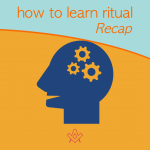 Now we are back in the Lodge room once again, maybe it is time to review how we learn and deliver ritual and look at different ways of improving that process. |
 Making an advancement in Masonic Knowledge can become far easier when you 'learn how to learn'. |
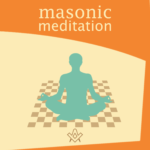 Learn how to practise Masonic meditation in a busy world with all its care and employments |
 Struggling to learn your ritual? Become a 5-Minute Ritualist with the aid of a book of the same name. |
 Day in the life of a Freemason As we start a new year, maybe start it with a new habit? |
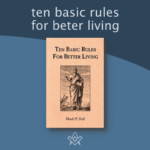 Ten Basic Rules For Better Living Ten Basic Rules For Better Living by Manly P Hall |
 How can we use masonic leadership skills to avoid confrontational situations? |
 How the Trivium is applied to Critical Thinking - {who, what, where, when} - {how} - {why} |
 The Seven Liberal Arts - why 'seven', why 'liberal', why 'arts'? |
 How to improve your public speaking skill with 6 techniques |
 Do you need to speak in public, or present Masonic ritual without notes ? |
 What are logical Fallacies and how to spot them |
 Share one easy tip to learn masonic ritual; Some good tips from Facebook followers |
 How can we use the 7 secrets of the greatest speakers in history |
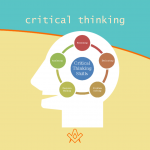 What is a critical thinker and what are their characteristics? |
 Share one personal skill Freemasonry helped you to improve? How can we make practical use of the lessons taught in Masonic writings? |
 An introduction to the art of public speaking - speak with confidence |
 Seven Liberal Arts and Sciences What do you know about Seven Liberal Arts and Sciences |
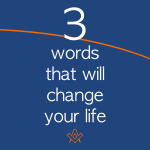 Three Words That Will Change Your Life This article discuss a common situation found in many lodges - a difficulty in holding a conversation with a stranger. |
 Al - Khwarizmi live c750 - c820 is credited as being the father of Algebra, being asked what is Man, give his answer in an algebraic expression |
masonic knowledge
to be a better citizen of the world
share the square with two brothers

click image to open email app on mobile device
Tubal Cain
Masonic Aprons NFT
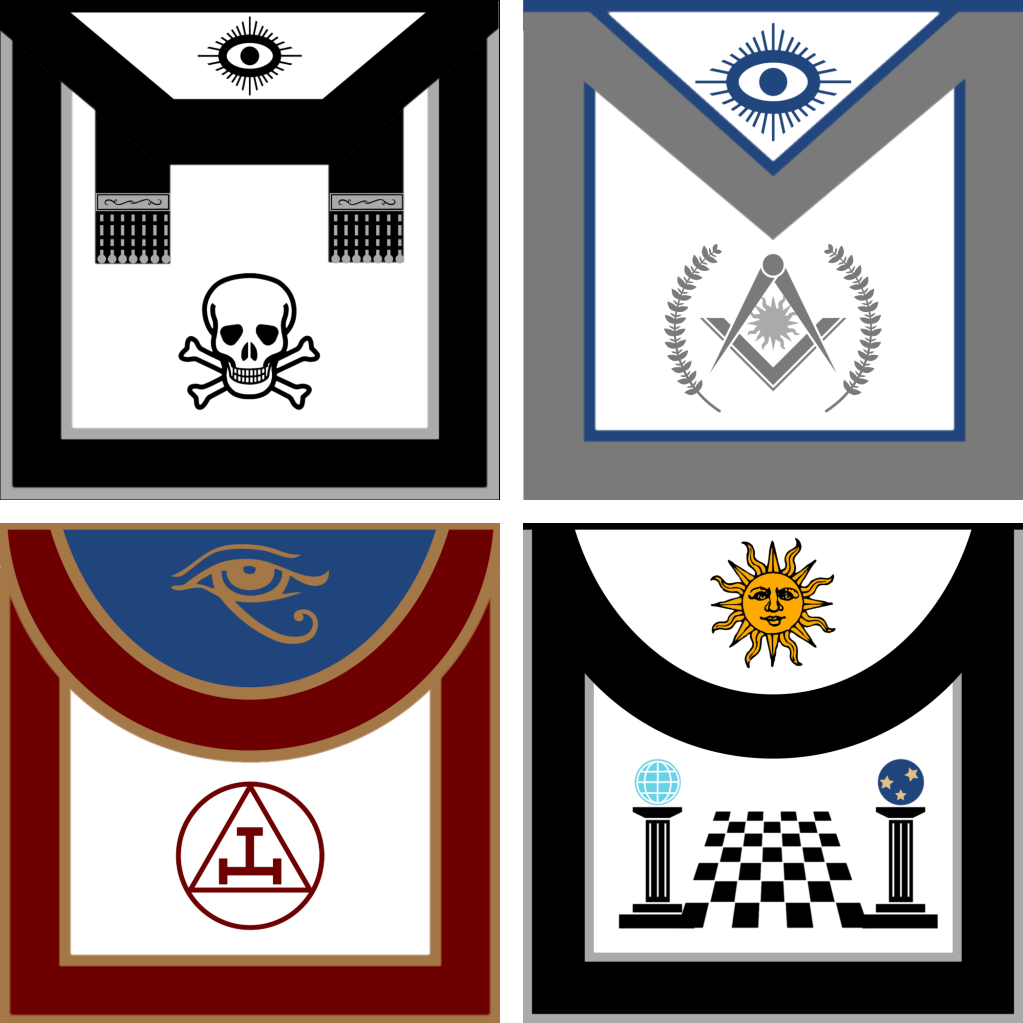



Each Tubal Cain Masonic Apron NFT JPEG includes a full size masonic apron and worldwide shipping
